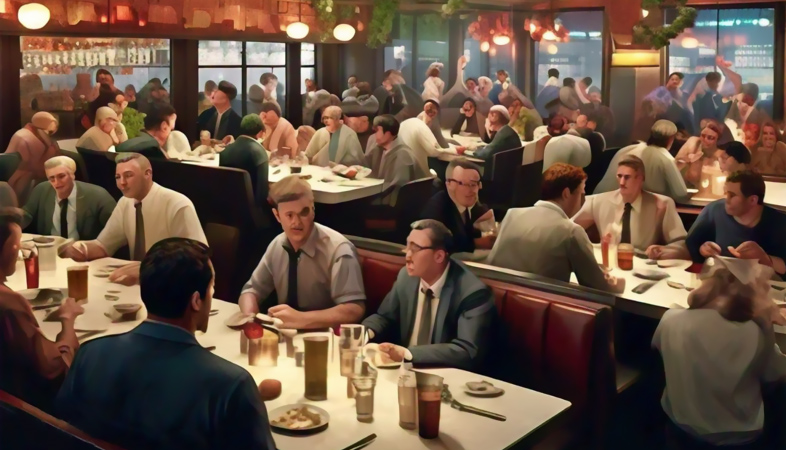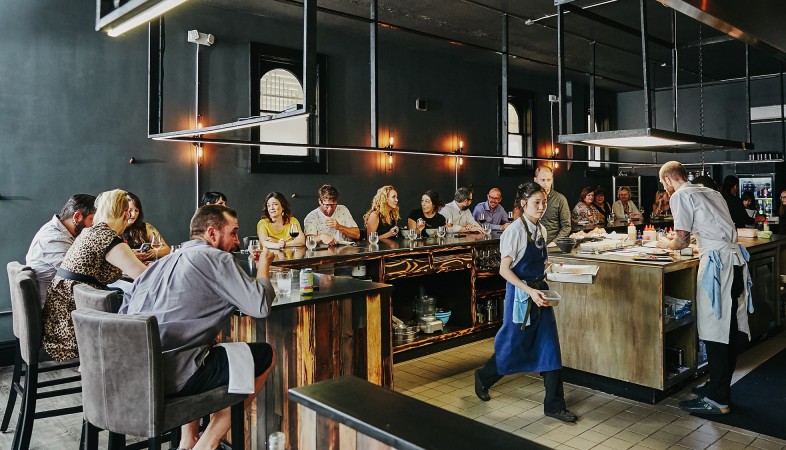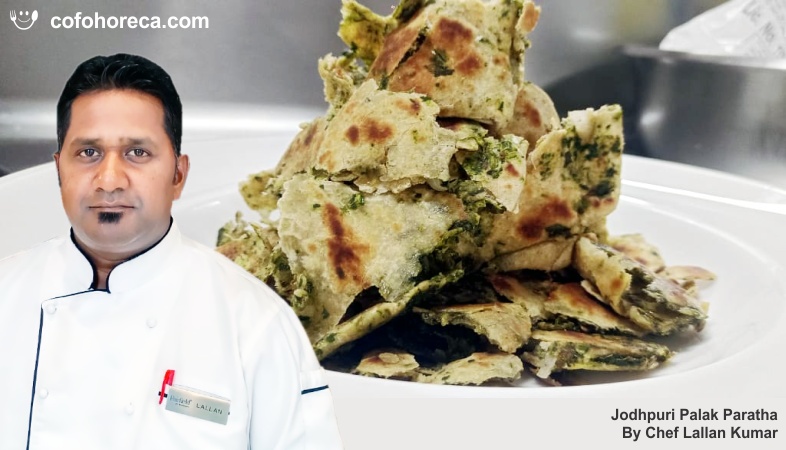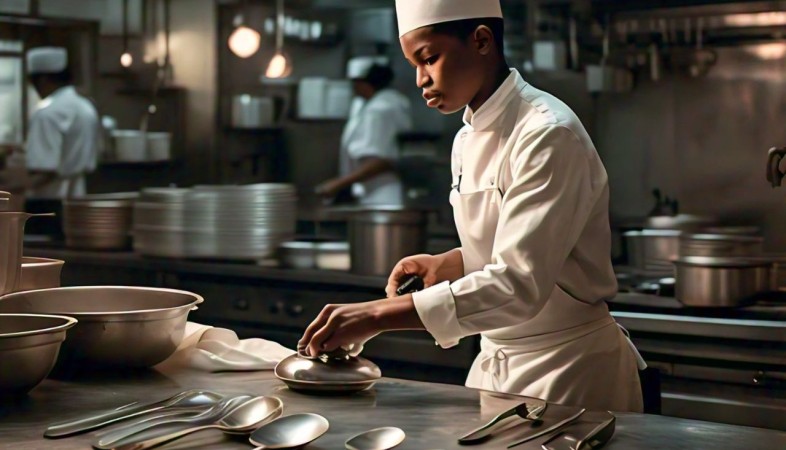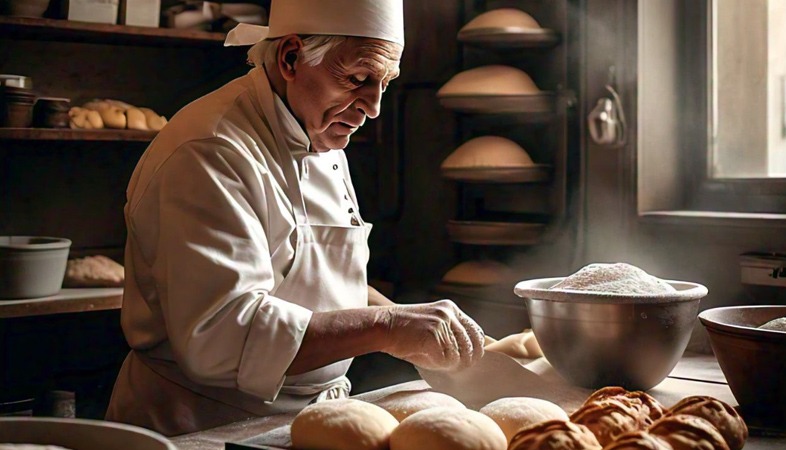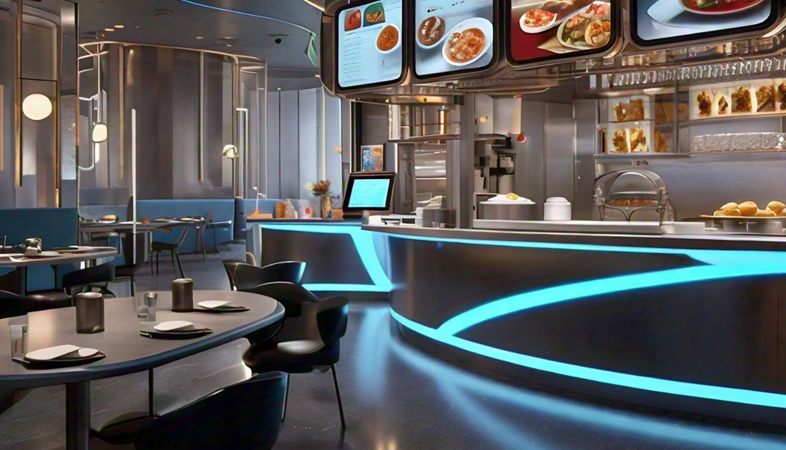SHARE
Commercials
More Posts
Nov 18, 2024
Bela Pana - By Biswajit Das
May 04, 2025
Jodhpuri Palak Paratha - By Chef Lallan Kumar
May 12, 2025
Avare Kalu Akki Roti - By Chef Bharath Bhushan C
Feb 07, 2025
Cabinet Pudding - By Chef Indrajit
Nov 18, 2024
Bela Pana - By Biswajit Das
May 04, 2025
Jodhpuri Palak Paratha - By Chef Lallan Kumar
May 12, 2025
Avare Kalu Akki Roti - By Chef Bharath Bhushan C
Feb 07, 2025
Cabinet Pudding - By Chef Indrajit
Nov 18, 2024
.png)






